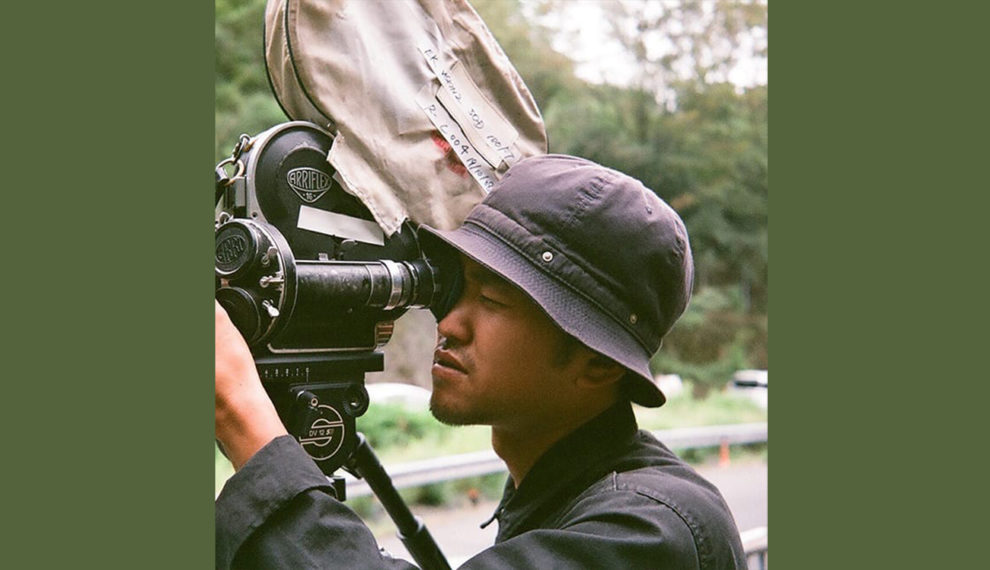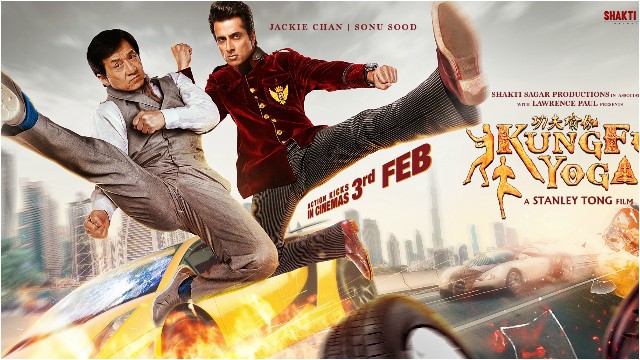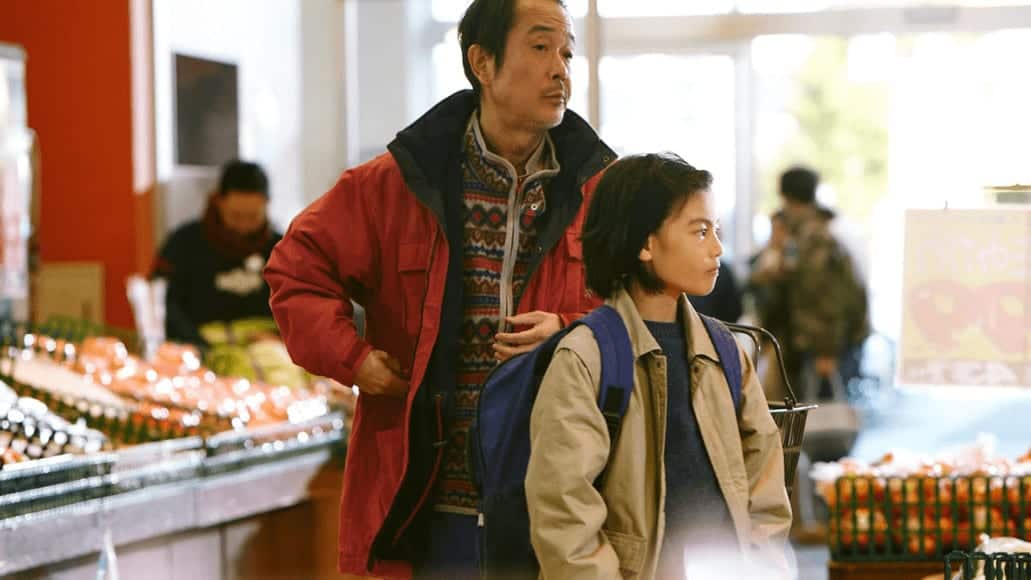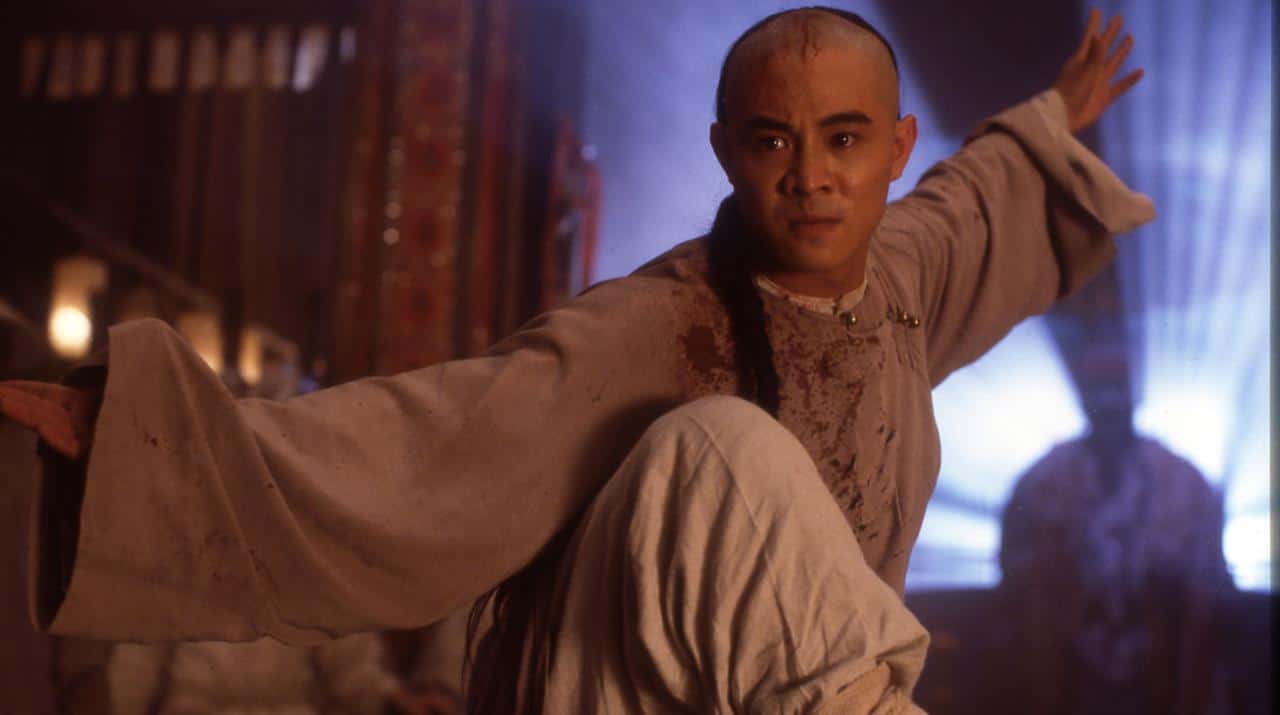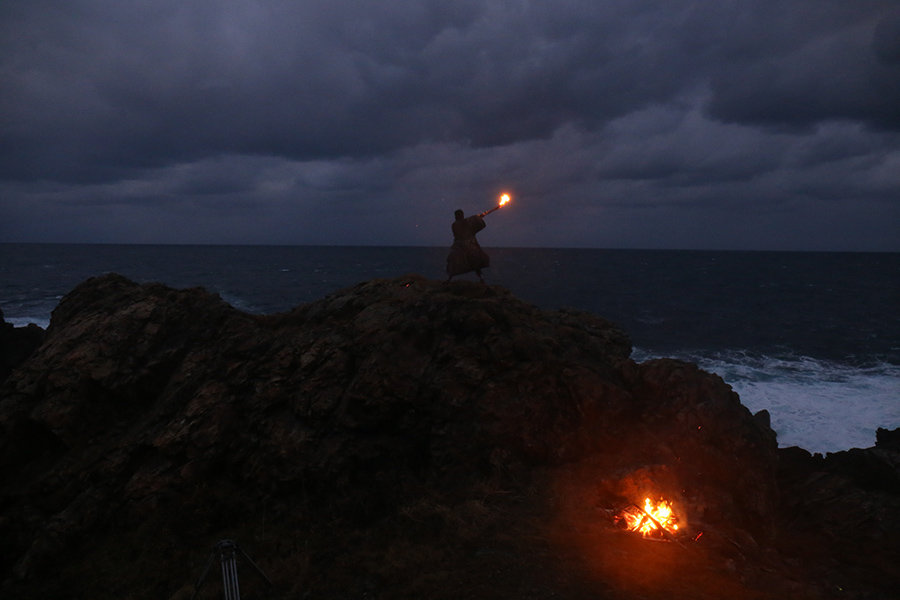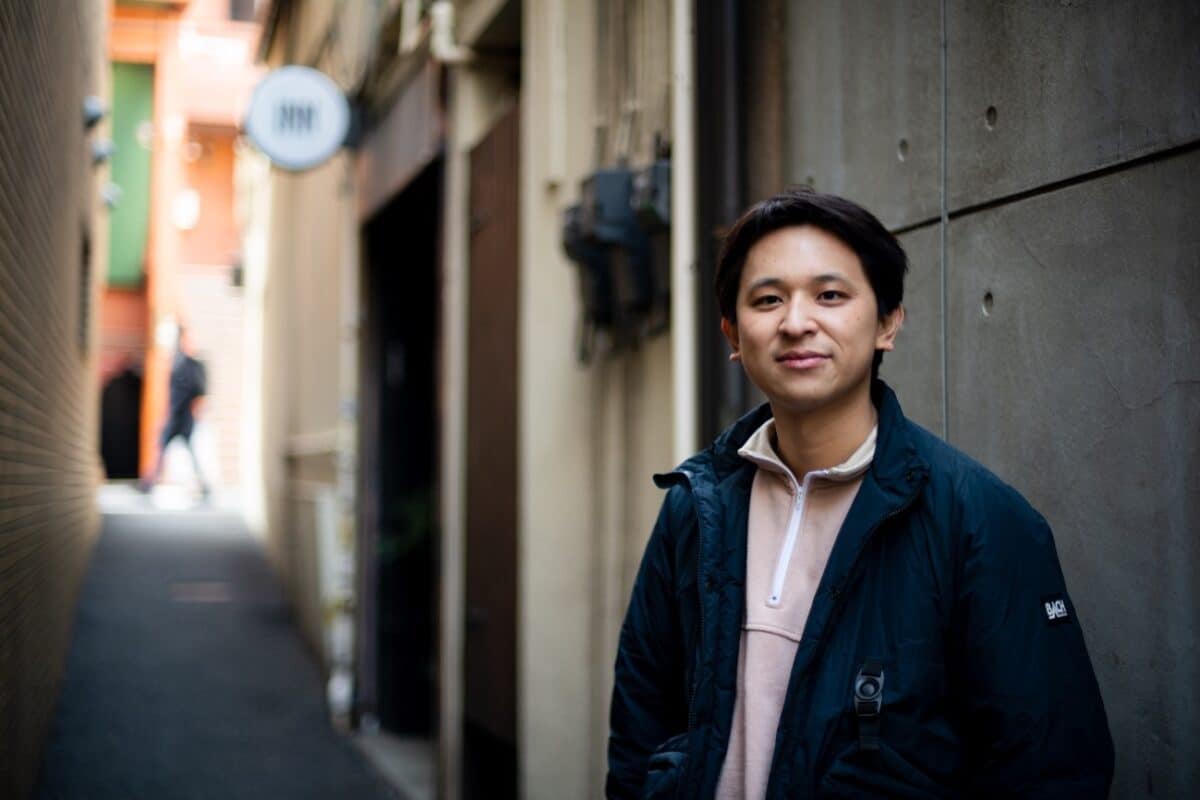Born in Shigaraki, Shiga Prefecture, Daichi Murase grew up in a town without cinemas, surrounded by mountains. He grew up watching American movies rented by her mother at a video shop in the neighboring town. He started his career in filmmaking when he entered the film department of Kyoto University of Art and Design from whom he later graduated. He directed his first film at the age of 19. “Forget But…” which was screened at the 2019 Cannes International Film Festival short film section, and later at Osu Cinema in Aichi Prefecture. His third film, “Red Planet,” is a road show at Ikebukuro Cinema Rosa in Tokyo. His first feature film in 2020 “Roll” won the Audience Award at the Nara International Film Festival and the Tama New Wave competition.
On the occasion of “Roll” screening on SF Indiefest, we speak with him about growing up in a town without cinemas, the appeal of discarded and expired films, casting his best mate and other topics.

First of all, can you please tell us something about you and how you got to love filmmaking? Did you find an 8mm camera like Yoshihiro?
I was born and raised in Shigaraki-cho, Shiga prefecture, a small town without a movie theatre. Everywhere you look, there are only mountains, rivers and fields. It's an environment that people who live in the city envy, but people always want things that they don't have, the world outside, and the movie solved that. However, (going to the cinema) was a complete experience because I had to go over a big mountain to go to the movie theatre. So, a few days before I went, I made sure I was in good condition like an athlete before the game, and I concentrated on watching it from the start. After that, I bought the goods of the movie and bought the pamphlet and read it until it was worn out. Even though it's a movie theatre, it's a rural one, so only Hollywood movies were screened. Moreover, due to the rise of blockbusters, movies for me meant America. When I started making movies, I realized that American movies had a big influence on my works.
Regarding 8mm cameras, since we were born in 1997, almost all the movies we watched in cinemas were digitally shot. Takuji Suzuki, Nazuna's father, was shooting a movie at 8mm when he was about the same age as us. All our film teachers have experienced 8mm. But now it's almost extinct. When I heard that, I felt that it was like a lost ancient civilization. In “Roll”, Yoshihiro's interest in analogue film and my interests are linked. It wasn't nostalgic, it felt like an interesting medium from the perspective of our generation.
About the casting … Shingo Nakayama is brilliant! How did you meet him? Did you know him before? Or through traditional casting sessions?
Shingo is a college classmate of mine. He was a friend of mine, we used to fish and watch movies together before he became my actor. It can be said that we were always together. That's why I didn't see him as an actor when I first made a movie, when I was 19 years old. It was a casting from my overconfidence that he would do something good, even if he was a friend, so I made an instinctive choice. In the end, I have directed four films since, including the short films, all with Shingo. He knows what I want to see, with or without a camera, because he was with me when I was filming and when I wasn't. On the other hand, I also know what he is going to do and what he will express. So I decided to cast him in “Roll” even before the script was completed. The same is true for Nazuna and the man with glasses (Yoshihiro's dorm-mate).
Is Yoshihiro inspired or based on the observation of someone you know?
When making a movie, Shingo and I set some rules. In the case of “Roll” the rule was: “Yoshihiro is Shingo, and Shingo is Yoshihiro.” It may sound very obvious, but it is the most important thing for us. The movie is fictional and the characters must behave as if they did not know their destiny. However, there are movements of the actor's face and hands that suddenly appear. I think that's what it means to be an actor. So Yoshihiro's model is Shingo, and Yoshihiro is amazing in the part of Shingo.
I think you managed to make the most of a small budget for “Roll”, but what was the main obstacle you encountered in the making?
The biggest obstacle to production was film. We didn't have the money. Simply buying and developing film at a regular price meant that we would live in debt for the next few years, let alone making movies. I had this idea of collecting the films that had been thrown away in the school warehouse, or taking over the films that the university professors wouldn't use. The types were all different, some were shot halfway through, the lengths were different, and it was 12 years since they were last manufactured. So I didn't know if the images would have been still visible. But when I look at the developed film, I felt that the unreliable medium of expired 8mm film was like a fading and faint memory in our lives. I fell into the feeling that Yoshihiro remembered 30 years later. I then proceeded in editing them. So this expired film was, as a result, the number one obstacle to “Roll” but it may have been also the thing that had the most impact.

Am I wrong if I see Nazuna's light sensitivity like a nod to analogue film?
From Yoshihiro's point of view, women, friends, and, broadly speaking, humans, are as incomprehensible as films. I think Nazuna is the character who is responsible for all of that. Nazuna suffers from a disease that does not allow him to be exposed to sunlight. However, because Yoshihiro is ignorant, he exposes Nazuna as if he was opening the lid of a film camera. So in this story, Nazuna and film are equal.
You have placed a couple of hints about the sense of smell, as Yoshihiro smells the metal objects he brings home and Nazuna's father smells the sweet potatoes he is picking. Can you elaborate on this?
Both Yoshihiro and Nazuna's father perceive the world around them from their sense of smell. In the future, Yoshihiro may become like Nazuna's father, and Nazuna's father may have been like Yoshihiro in the past. I can't help thinking that they are similar. Yoshihiro projects the image of a creature in the soil such as earthworms and moles. I was also personally interested in how far the audience could imagine the smell in the two-dimensional world of screens.
Nazuni and her environment – the house, her room, her father – all reminded me of those off kilter atmospheres in Kiyoshi Kurosawa's films. Can you mention some directors that inspired you?
I've heard about Kiyoshi Kurosawa several times from his early films, but I don't really know his work. The directors that inspired me are Spielberg, Lucas, Jarmusch, and all the American film directors.
How hard is for young directors to find their way in Japanese film industry? Is there some funding or incentive from the government?
I don't know other young directors, but I think it would be very difficult for me to find my way in the Japanese film industry. Most Japanese people are busy, they like movies that make it easy to understand what is happening from start to finish in a small amount of their free time. Thinking about making such movies in the future, it was never my case. Without the effects of the new virus, I wanted to go to France or the United States to study and make films as soon as I graduated. Of course, I still think so. There are few movie subsidies and incentives in Japan as well. However, only well-known directors are entitled to it. Even a well-known director may lose the grant if the actor who appears in the movie is arrested. I don't think it's fair, it's not the movie's fault.
Are you already thinking about your next project? If so, can you give us some anticipations? Mushroom Explosion Festival maybe??
I would like to ask Michael Bay to make the Mushroom Explosion Festival into a movie; he would produce it better than me. I want to be in the audience. The next project is a clear one. It's a movie about a hometown that is destined to perish outside the framework of Japan's economy and society. One day, I want to shoot a movie about fishing in the United States.


